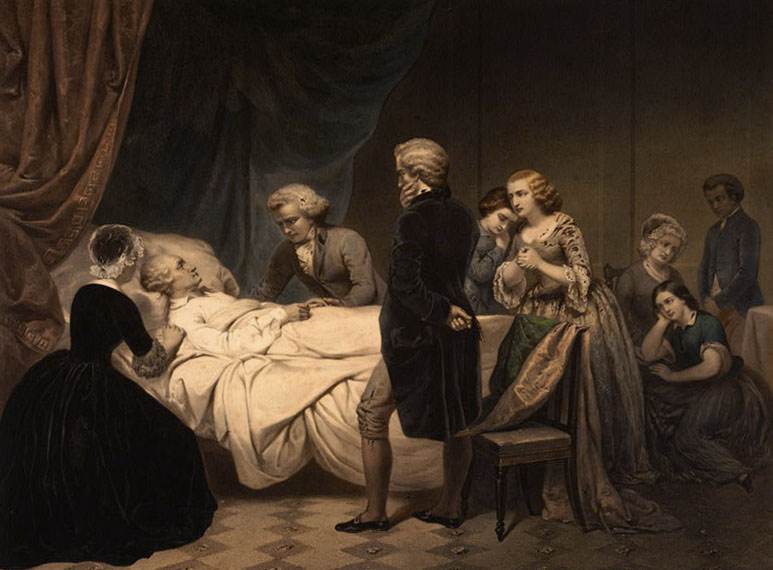SO long as there shall exist, by reason of law and custom, a social condemnation, which, in the face of civilization, artificially creates hells on earth, and complicates a destiny that is divine, with human fatality; so long as the three problems of the age—the degradation of man by poverty, the ruin of women by starvation, and the dwarfing of childhood by physical and spiritual night—are not solved...books like this cannot be useless.
~Preface to Les Miserables
Les Miserables is
a somewhat daunting task. At 959 pages, it’s the longest book I’ve ever read,
barring the Bible. (Fans affectionately call it The Brick.) Settling back after the tedious first few chapters, I
prepared myself for a long haul. To my shock, I finished it in sixteen days. Honestly,
I’m not sure how I did it, though I do know several days I put away a hundred
pages.
Another part of
the mystery is that Victor Hugo had a severe case of verbal diarrhea, so I did a bit of blah-blah-interesting bit!-blah-blah reading. If there
was something to be said of a thing, good old Victor was bound to say it. Large
chunks are devoted to the battle of Waterloo, the operation and ideological
premise of monasteries, and 19th Century French politics—which have
little to do with the story. If you have an encyclopedic knowledge of French
history and politics in the 17-1800s, that’s terrific, but if you don’t, this
can get tedious. Those are the two extremes: terrific and tedious.






